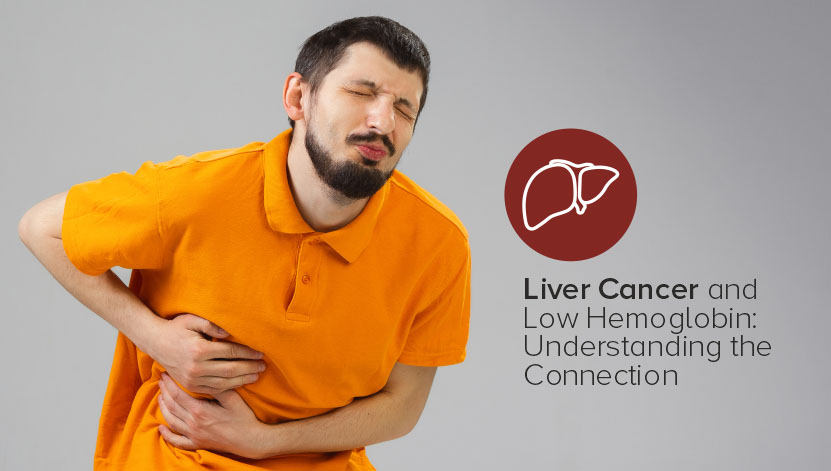Liver cancer, or hepatocellular carcinoma, is a deadly disease that affects people worldwide. The liver's role in maintaining a healthy blood system is often overlooked, yet it plays a crucial part in the production, storage, and filtration of blood. When liver cancer comes into the picture, it can have far-reaching implications on various blood parameters, including hemoglobin levels.
